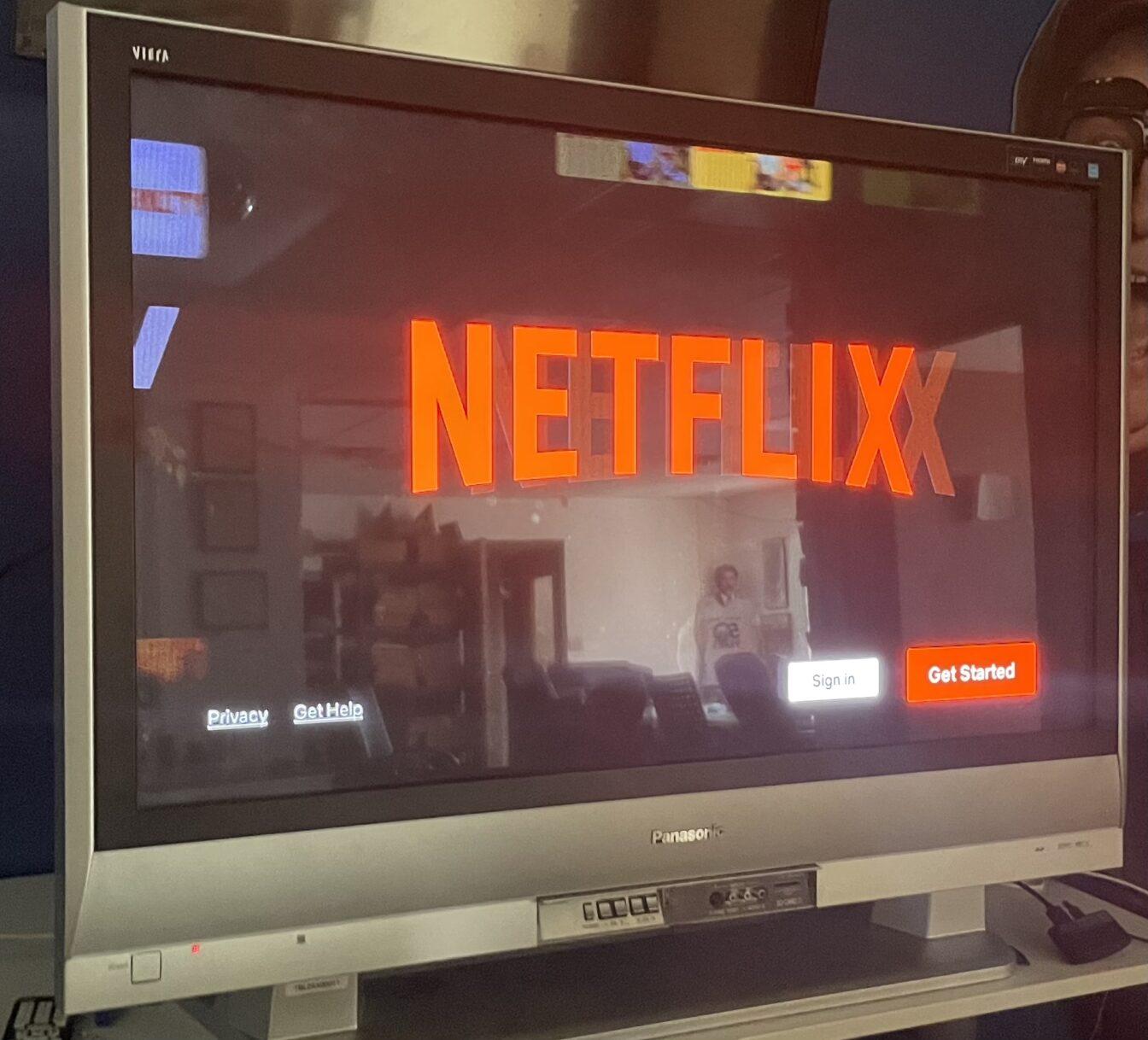The 2023 Writers Guild of America strike has finally come to an end after nearly five months. The WGA strike started in May 2023 as writers in Hollywood demanded better compensation, recognition and security within their work.
After recently resuming negotiations, a deal between the WGA, streamers and studios represented by the Alliance of Motion Picture and Television Producers has been reached, according to NPR. These conditions have been agreed upon within a three-year contract.
The Screen Actors Guild and American Federation of Television and Radio Arts went on strike in July 2023, and the efforts show no signs of slowing. Both strikes have had massive effects on the film and television industry, causing a giant slow in entertainment production.
Throughout the summer, television and movie productions have been delayed, press tours have been halted, schedules have been rearranged and late-night TV programs have stopped airing, according to NBC News.
Some movies halted by the WGA and SAG-AFTRA strikes include “Challengers,” “Dirty Dancing,” “Dune: Part 2,” “Beetlejuice 2,” “Deadpool 3,” “Lilo & Stitch,” “Minecraft,” “Mission: Impossible 8,” “Venom 3,” “Aquaman and the Lost Kingdom,” and the film adaptation of “Wicked.” Television has also been brought to a slow — some major TV shows that have been delayed due to the strikes are “Yellowjackets,” “Stranger Things,” “Severance,” “Abbot Elementary,” “Euphoria,” and more.
But why did these massive strikes start? Clare O’Gara is a University of Wisconsin student studying media labor. O’Gara said the strikes came as a result of expiring contracts.
“[The strikes] come down to higher compensation, specifically when it comes from residuals from streaming services like Netflix, as well as financial security for writers compared to the pre-streaming era,” O’Gara said, “and some AI problems as well.”
The explosion in popularity of streaming services and the way people consume movies and television today are, in fact, a main reason for the WGA and SAG-AFTRA strikes. Streaming platforms like Warner Bros, Discovery, Apple, Netflix, Amazon, Disney, Paramount and more are generating massive profits that aren’t being fairly distributed between writers, actors, editors and other media professionals without which these products wouldn’t be possible.
The new contract agrees that writers will receive raises in wages and establishes a system of providing bonuses to writers based on viewership on streaming platforms, according to the LA Times.
AI is also a factor in the WGA and SAG-AFTRA strikes. AI software like Chat GPT has caused fear of job replacement, specifically in writers. Unclear boundaries and uncharted technological territory have led to writers demanding more security. UW media labor student Max Kaplan said much of the bargaining process is forecasting how technology could shift the industry.
“AI replacing a writer tomorrow doesn’t seem possible, but I think they’re realizing that artificial intelligence and ChatGPT writing has advanced pretty quickly, and they want to make sure over the next 10 or 15 years that there are at least safeguards in place for writers,” Kaplan said.
AI has held an uncertain future over the heads of writers in recent years. The new contract has reportedly agreed to terms regarding AI use in relation to writers, according to the LA Times. The agreement regulates studios’ use of AI, but also provides flexibility to writers.
Studios must disclose the use of any provided material that is AI-generated or incorporates AI-generated material. The contract also puts in place limitations on use of writers’ work to help generate and improve AI for the time being, according to media labor student Valerie Lines.
“[The writers] are asserting, with this agreement, that their writing also cannot be used to train future AI for the duration of this contract,” Lines said. “So, for the next three years, that part is on hold.”
AI is not currently equipped to entirely replace writers, but using current writers’ material to train AI would increase the possibility of machines eventually gaining the ability to generate human-grade content, according to the Washington Post.
The worry of many writers has been that their own work would train AI too well, essentially rendering writers useless in the future. The strike combated this.
“AI has to be trained, it cannot just exist,” Lines said. “Everything that comes out of it is a result of what has been put into it. If a writer’s work is being put into AI, you won’t need a writer to continue to develop it. If [studios] were, during this time, training AI, and they’d come up to that next contract negotiation, then the rug is essentially pulled out from under these writers and they lose equal footing.”
Another issue resolved in the new contract is staffing. The WGA claims studios had been cutting down the number of writers per project, yet tightening deadlines and increasing hours and workloads. Studios and streamers agreed in the contract to assign at least six writers to shows with 13 episodes or more, according to the Washington Post.
It is anticipated that late-night talk shows will be the first to return, since writers will soon be back on the scene. The future is still unclear for other productions, as SAG-AFTRA, which includes actors, editors, stunt performers, voiceover artists and other media professionals, has not yet come to an agreement with studios and streaming.
UW professor of media and cultural studies Derek Johnson is hopeful about the future of the ongoing strike and feels that the precedent set by the WGA will assist SAG-AFTRA in obtaining a settlement with streamers and studios.
“There is reason for SAG-AFTRA to be hopeful that they’re in a better bargaining position today than they were last week since [the WGA strike] is wrapped up,” Johnson said.
The contract has been approved by WGA leadership, but still needs to be sent to its full membership of 11,000 for a final vote between Oct. 2 and Oct. 9, according to the Washington Post.


